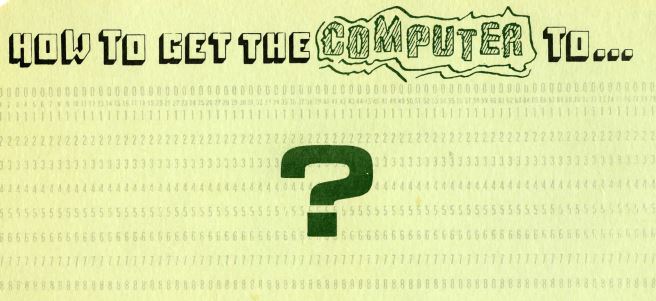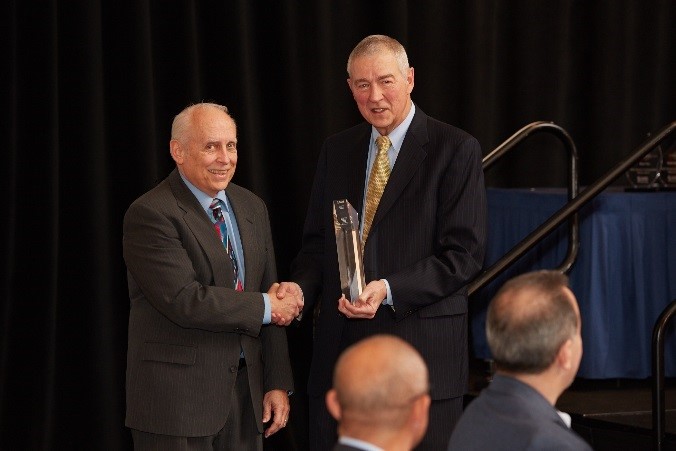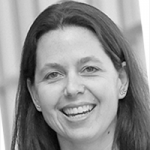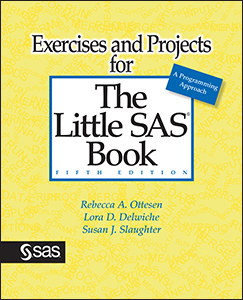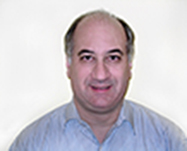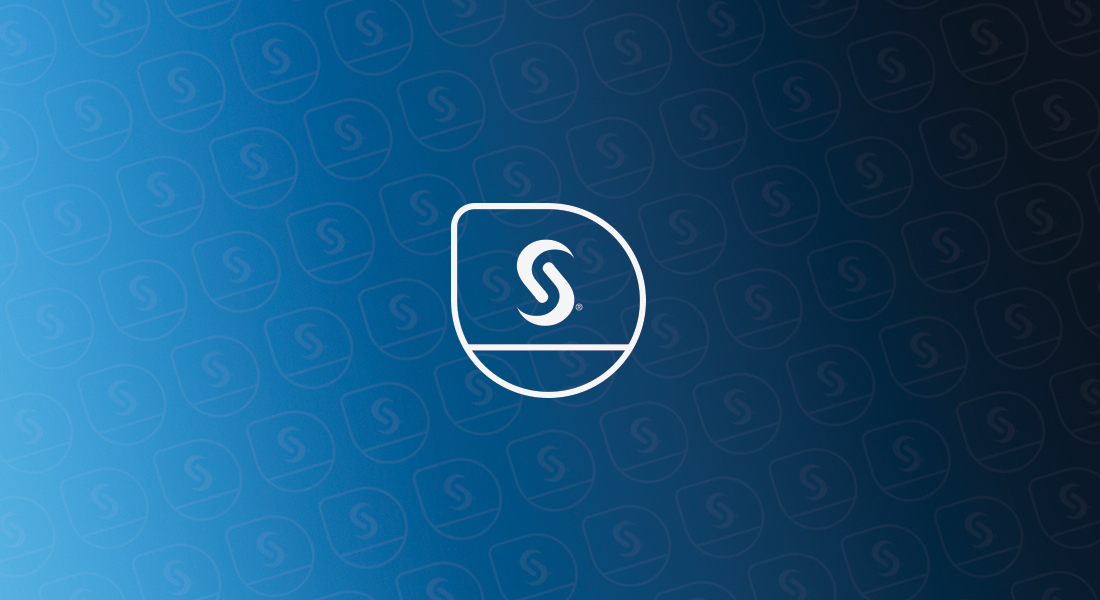
As I visit my clients, it sometimes surprises me when they avoid the use of PROC REPORT. “It’s too different”. Even those that do use it, often fail to take advantage of the procedure’s power by ignoring the compute block. Yes this procedure is different from any other. Yes using

